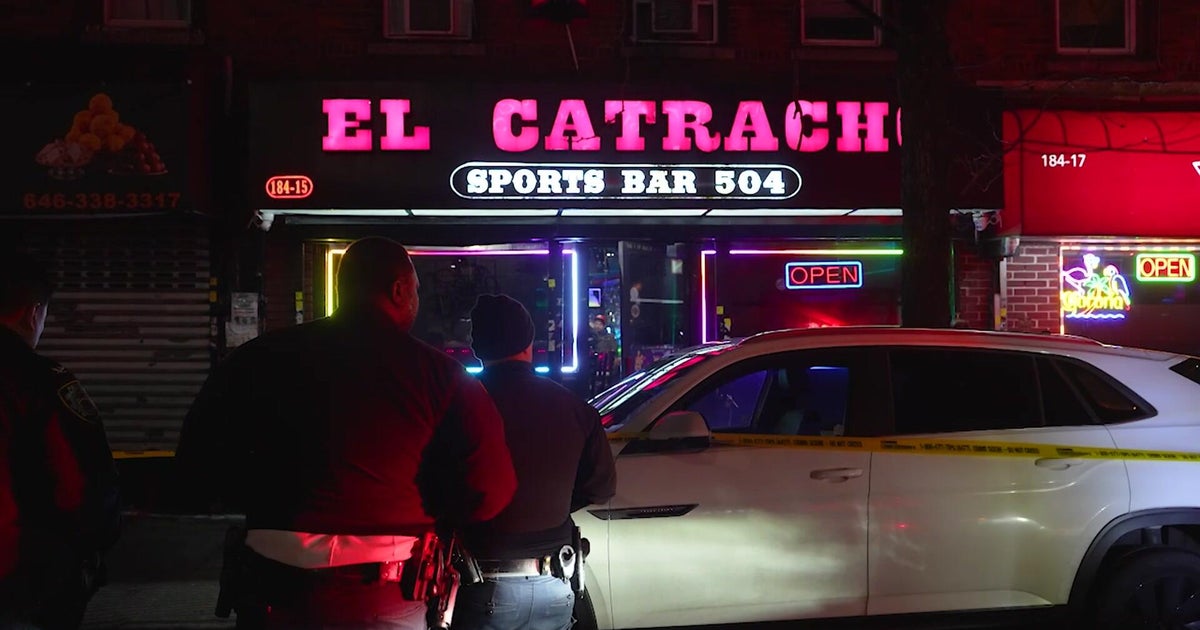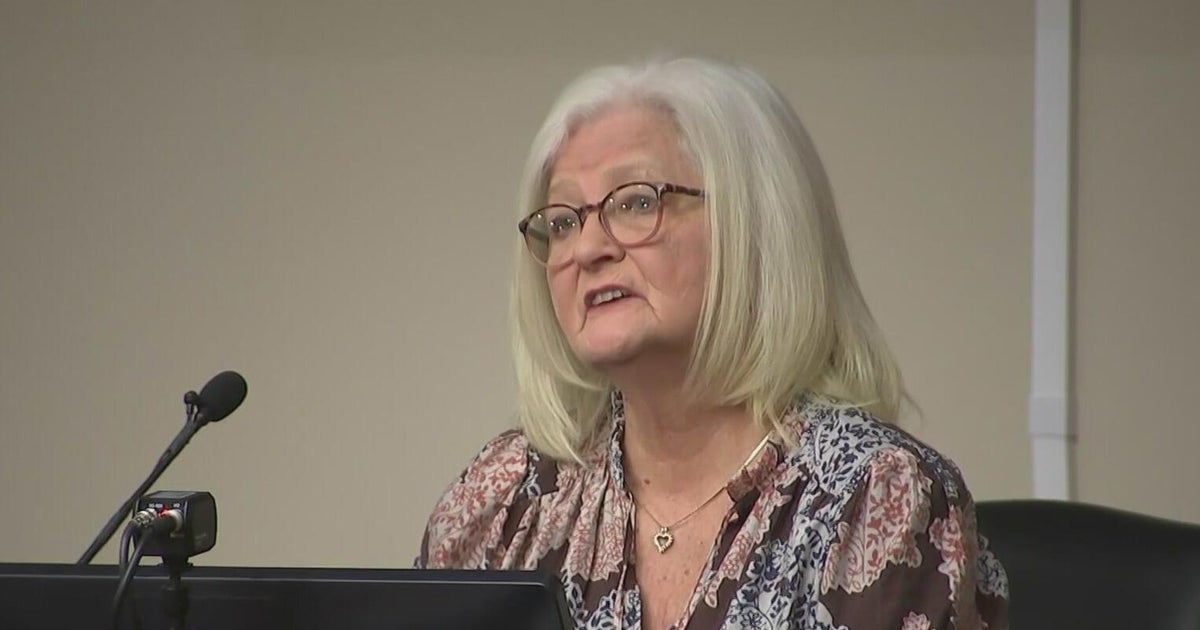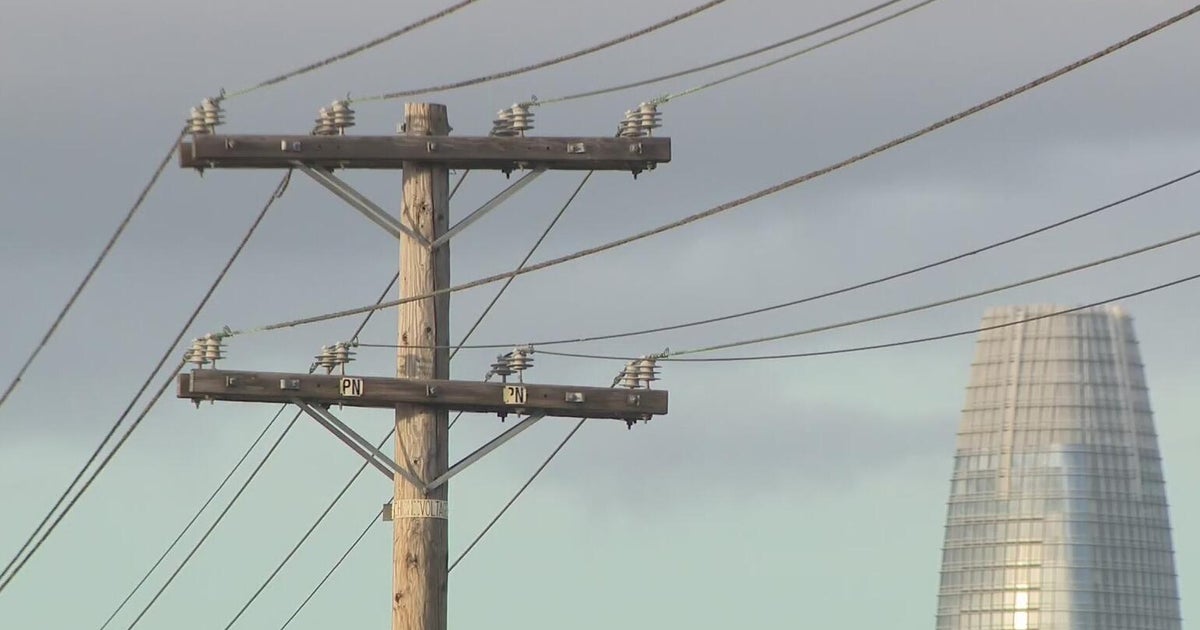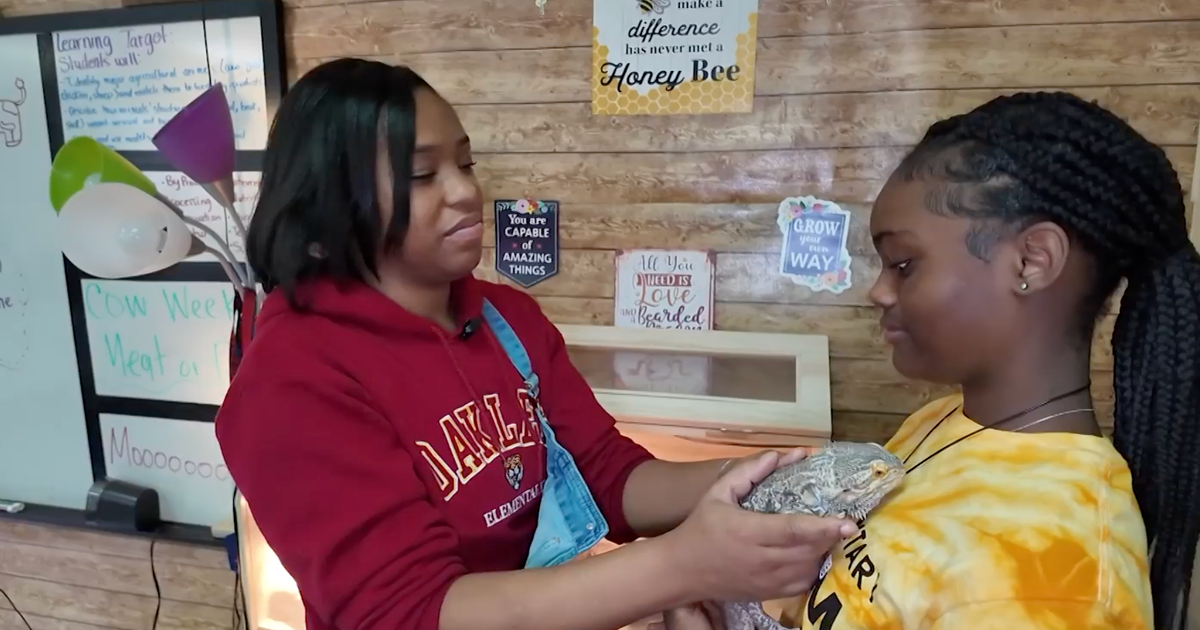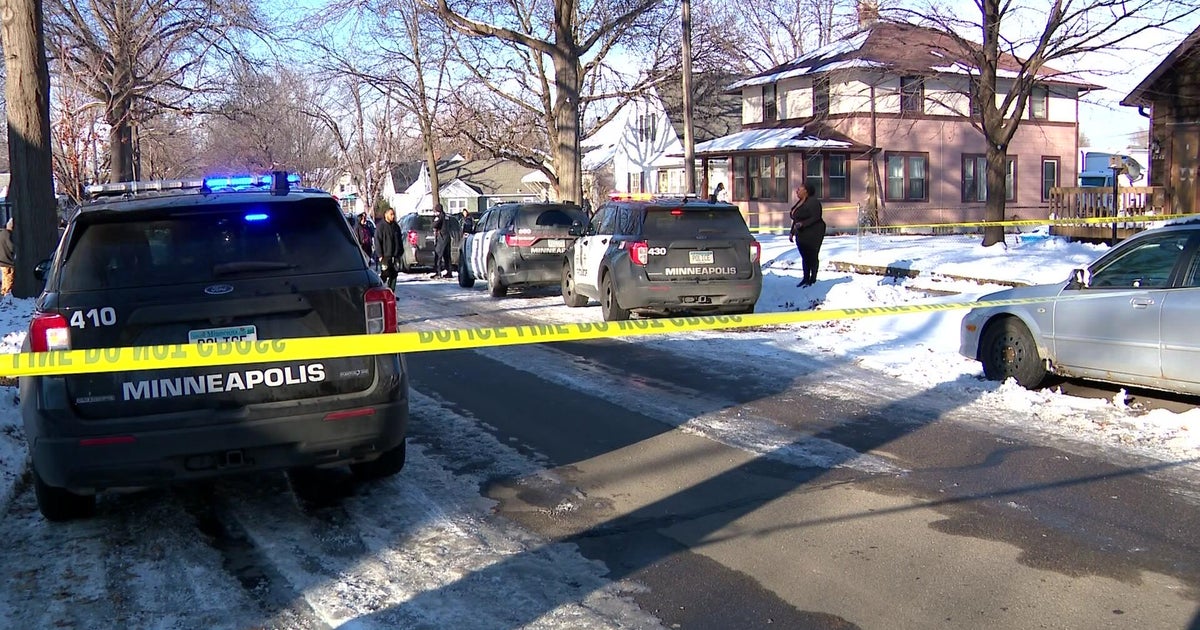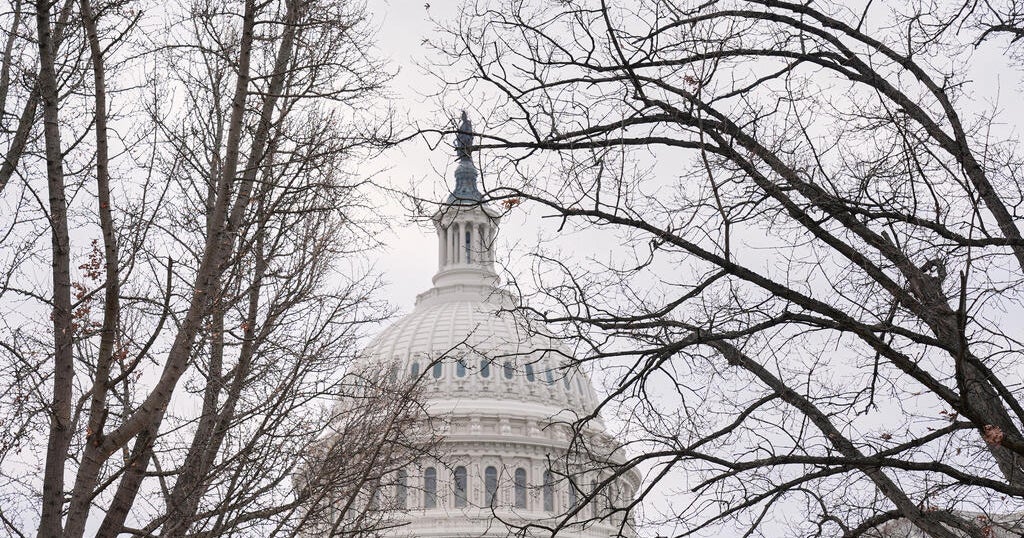Conn. Lawmakers Pass Bill To Keep Sandy Hook Photos Private
HARTFORD, Conn. (CBSNewYork/AP) - State lawmakers passed an eleventh-hour compromise bill early Wednesday morning, the final day of the legislative session, preventing the release of crime scene photos and video evidence from the Sandy Hook Elementary School massacre and other Connecticut homicides, concerned such records would be spread on the Internet.
The negotiated bipartisan legislation came after days of closed-door talks and speculation about whether an agreement could be reached before the Wednesday's midnight adjournment.
But once agreement was reached, the bill was quickly and overwhelmingly approved. It passed the Senate 33-2 shortly after 1:30 a.m. The House of Representatives then passed it a half hour later by a vote of 130-2. It now moves to Gov. Dannel Malloy's desk for his signature.
Conn. Lawmakers Pass Bill To Keep Sandy Hook Photos Private
Malloy's office had originally been working privately with legislative leaders and the state's top prosecutor to come up with a bill addressing the concerns of the Sandy Hook families, bypassing the traditional legislative process of a public hearing or committee votes.
``My goal with this legislation was to provide some measure of protection for the families affected by the tragedy at Sandy Hook Elementary School. But the fact is, all families have a right to grieve in private,'' Malloy said in a written statement.
According to the bill, a new exemption is created under the state's Freedom of Information Act. It prevents the release of photographs, film, video, digital or other visual images depicting a homicide victim if such records ``could reasonably be expected to constitute an unwarranted invasion of the personal privacy of the victim or the victim's surviving family members.''
With several family members of the 20 first graders and six educators killed in Newtown on Dec. 14 looking on, Senate President Donald E. Williams Jr. said the bill closely tracks language from an exemption in the federal Freedom of Information law.
``We have tried our best as Democrats and Republicans to work together to protect the interests of these families, these parents, these relatives sitting behind me, at the same time honoring our tradition as a free and open democracy,'' he said.
The bill also creates a one-year moratorium on the release of certain portions of audio tape or other recording where the condition of a victim of a homicide is described. The exemption does not include 911 emergency call recordings, however. Additionally, it creates a task force to consider and make recommendations about the balance between victim privacy under the FOI Act and the public's right to know. It must submit its recommendations by Jan. 1, 2014.
Family members of the Sandy Hook victims were at the state Capitol throughout the day, waiting on any legislative action. In an interview with The Associated Press, Mark Barden, whose 7-year-old son Daniel was killed at the school, said he knows of individuals and groups that want the information. And given today's technology, he said one photograph can be distributed worldwide and remain accessible forever.
``It's these strange individuals and fringe interest groups that have expressed a very real need for this information and they don't have any business having it,'' he said. ``Nobody would benefit from it. On the contrary, it would do so much harm.''
Members of the legislature's Black and Puerto Rican Caucus had voiced concerns about the legislation only preventing the release of photos from the Newtown massacre and not other homicides, prompting the Wednesday's bill to be broadened to include crimes other than Newtown.
But lawmakers acknowledged the Sandy Hook crime prompted the legislation.
``One does not need to see the photos to understand the unwarranted pain and anguish it would cause a parent or other family member to see such photos published and appear on the Internet every time someone searches Sandy Hook or school shooting,'' said Senate Minority Leader John McKinney, R-Fairfield, whose district includes Newtown.
Earlier in the day, McKinney said lawmakers were looking at a 2003 U.S. Supreme Court case for precedence. In that ruling, the court determined that the surviving family members of former Deputy White House Counsel Vince Foster ``had a protectable privacy interest in his death-scene photographs, based in part on the family's fears of `intense scrutiny by the media,''' according to the U.S. Department of Justice Guide to the Freedom of Information Act. Foster's death in 1993 was the subject of multiple conspiracy theories.
The Connecticut Daily Newspaper Association had expressed concern about the possibility of limiting access to the documents.
``Any time the state is interested in opening up the Freedom of Information Act, we urge them to use extreme caution. Obviously, there's deference to the tragedy that happened at Sandy Hook,'' said Christopher VanDeHoef, the association's executive director. ``But it's our concern that we're going to use that as sort of a sweeping change to FOI law that could be damaging to the openness of government down the road.''
(TM and © Copyright 2013 CBS Radio Inc. and its relevant subsidiaries. CBS RADIO and EYE Logo TM and Copyright 2013 CBS Broadcasting Inc. Used under license. All Rights Reserved. This material may not be published, broadcast, rewritten, or redistributed. The Associated Press contributed to this report.)
You May Also Be Interested In These Stories
